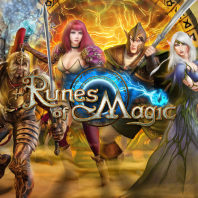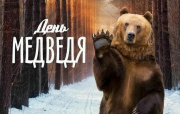Кавказский тест. Почему Ходорковский вместе с Путиным?
 aillarionov — 28.12.2013
aillarionov — 28.12.2013
http://www.svoboda.org/content/transcript/25210591.html
Упоминаемое в беседе интервью М.Ходорковского «The Moscow Times» 5 сентября 2008 г.:
Interview Transcript: Mikhail Khodorkovsky11 September 2008 | Issue 3986
Staff Writer Nadia Popova interviewed Mikhail Khodorkovsky, the jailed former CEO of Yukos, via an exchange of written questions submitted through his lawyers on Sept. 5, 2008. Below is an edited transcript.
The Moscow Times: Russia has lost billions of dollars in foreign investment since Prime Minister Vladimir Putin's public attack on

 Простые шаги для покупки внутриигровой валюты в Руны магии
Простые шаги для покупки внутриигровой валюты в Руны магии  Carlsberg Group объявила о продаже «Балтики»
Carlsberg Group объявила о продаже «Балтики»  Возможно, скоро стану безработной по объективной причине
Возможно, скоро стану безработной по объективной причине  Как отдохнуть в Хургаде без тура — пошаговая инструкция. Часть 1: билеты,
Как отдохнуть в Хургаде без тура — пошаговая инструкция. Часть 1: билеты,  Вологда. Интерьеры Софийского собора. История и личные впечатления.
Вологда. Интерьеры Софийского собора. История и личные впечатления.  Очередной раритет
Очередной раритет  Почему в США пользуются гвоздями, а не саморезами: что они знают, чего не знаем
Почему в США пользуются гвоздями, а не саморезами: что они знают, чего не знаем  Усыпи свою бабулю! Цивилизованные Англичане присоединяются к массовому убийству
Усыпи свою бабулю! Цивилизованные Англичане присоединяются к массовому убийству  10 декабря ● "День защиты прав животных" и "Всемирный день прав человека" и не
10 декабря ● "День защиты прав животных" и "Всемирный день прав человека" и не 


